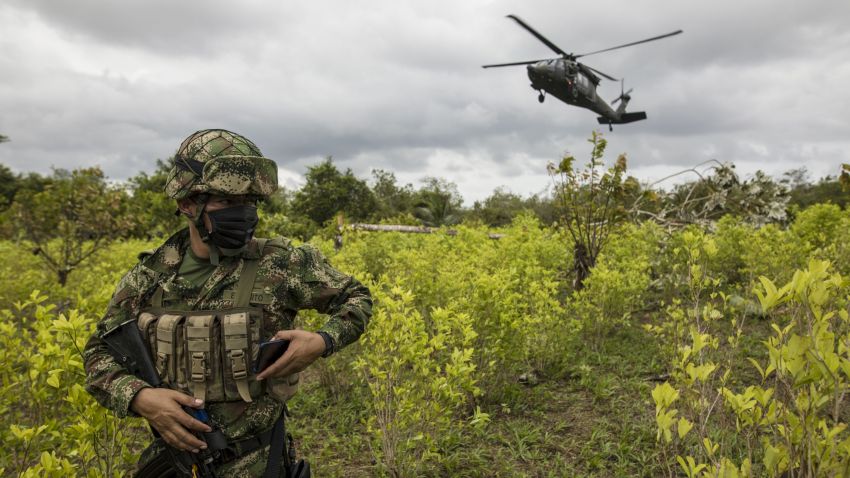The “War on Drugs” has failed. While that statement is absolutely true, it’s also a cheap applause line. Calling out the failures of the war on drugs is easy, and these days doing so generally finds support among most political elites and the general public. But it’s easier to criticize the current failed approach than to develop and implement alternatives.
Colombian President Gustavo Petro made decrying the failure of the war on drugs a central theme of both his inauguration speech in August and his speech to the United Nations General Assembly in September. To make his case, Petro pointed to increasing numbers of overdose deaths and overcrowded prisons, as well as the still-overwhelming levels of drug-related violence, in Colombia and the rest of Central and South America, despite decades of police efforts and military aid to counter drug trafficking. He particularly emphasized the irrationality of fumigating plantations of coca, the plant used to produce cocaine, contrasting the willingness to poison the natural environment with herbicides with the failure to treat oil as a poison destroying the planet.
Petro is mostly correct in his critiques. Targeting the coca plant with destructive chemicals—something Colombia has not done in years due to previous court rulings—does more harm than good. Fighting drug trafficking with police or military operations rarely succeeds in either improving security or reducing the amount of drugs being trafficked overall.

